When you think about meditation, do you imagine a 70’s-style hippie sitting cross-legged and chanting “Ommmm”? Well, a few years ago, you wouldn’t have been alone, but we’ve come a long way in the past decade and meditation is becoming much more commonplace. So what’s behind this growing interest?
Meditation teacher, Tom Cronin, thinks part of the growing interest in meditation is a reaction to the all-pervading connectivity of our digital world.
“As a society we are getting to saturation point with the amount of information that we process. The availability of digital media means we have it at our fingertips all day long. Now we are processing so much that it has become overwhelming. We are seeking ways to shut off from this for short periods each day in the form of meditation,” he explains.
Science might also have something to do with it. With more and more research showing how meditation can help with a whole range of disorders, it’s perhaps not surprising that more people are giving it a go.
What exactly does meditation do?
While some people still equate meditation with the exotic and esoteric that’s not really what its about. Meditation advocates come to it from a range of different backgrounds and while some are certainly religious, that’s not necessary and anyone who practices meditation will gain benefits: you don’t need to change your religious beliefs to do so.
Simply put, meditation helps you relax your body and calm your mind. It helps you to focus better, become more self-aware and has been linked to improved physical, emotional and mental health.
But how does it help kids?
As an adult, you probably have at least some stress in your life. Worries about work, finances, relationships or health can sometimes overwhelm us and meditation can be one tool to help with that. But surely our kids don’t need help with that kind of thing?
Not so, says Tom Cronin. “You see so many kids who are over-stimulated. They spend every waking moment with their head buried in an iPod or computer or tablet.” Tom says that kids as young as three can benefit from learning to meditate. “If you can get kids meditating every day for one minute for each year of their age you’ll be able to see benefits.”
And it seems research from around the world backs him up. A 2005 study published in the Journal of Applied School Psychology showed that mindful awareness exercises helped children in years one to three improve school performance and reduce anxiety. In a 2005 Canadian study, students in years four through to seven experienced improved optimism, attention and behaviour through mindfulness exercises.
It can also help kids with ADHD. An Australian study found that regular meditation at clinic sessions and at home helped improve children’s ADHD behaviours, self-esteem and relationship quality. Better sleep patterns, less anxiety, less conflict and the ability to concentrate better at school were all recorded. What’s more, the parents of these kids, who also participated in the study, reported feeling happier, less stressed and better able to manage their child’s behaviour.
Getting started
It’s not hard to meditate. You don’t need special clothing or equipment and there are plenty of online resources to help you get started. Alternatively, look around your local area for classes – many are free or relatively inexpensive.
Tom suggests that simple mindful breathing can be a good way to begin. “Teaching your children to bring their awareness to their breath moving in and out of their nostrils for a few minutes a day is very good at calming things down inside their head. When doing this, prepare a space beforehand so they know they are entering into a special time. You can light a candle, and sit in a nice corner of the house with them just for a few moments each day in quiet time.”
If you can’t get your kids to sit still, they can still practice their breathing in other positions – why not try out an easy yoga pose that little ones (and first time meditating mums) can master.
We teach our kids to wash their hands and brush their teeth in order to stay healthy… Doesn’t it also make sense to teach them to do something that will give them better physical, mental and emotional health for years to come?
This article was written by Margaret Rafferty for Kidspot – New Zealand’s most comprehensive parenting resource.
Read more on Kidspot:

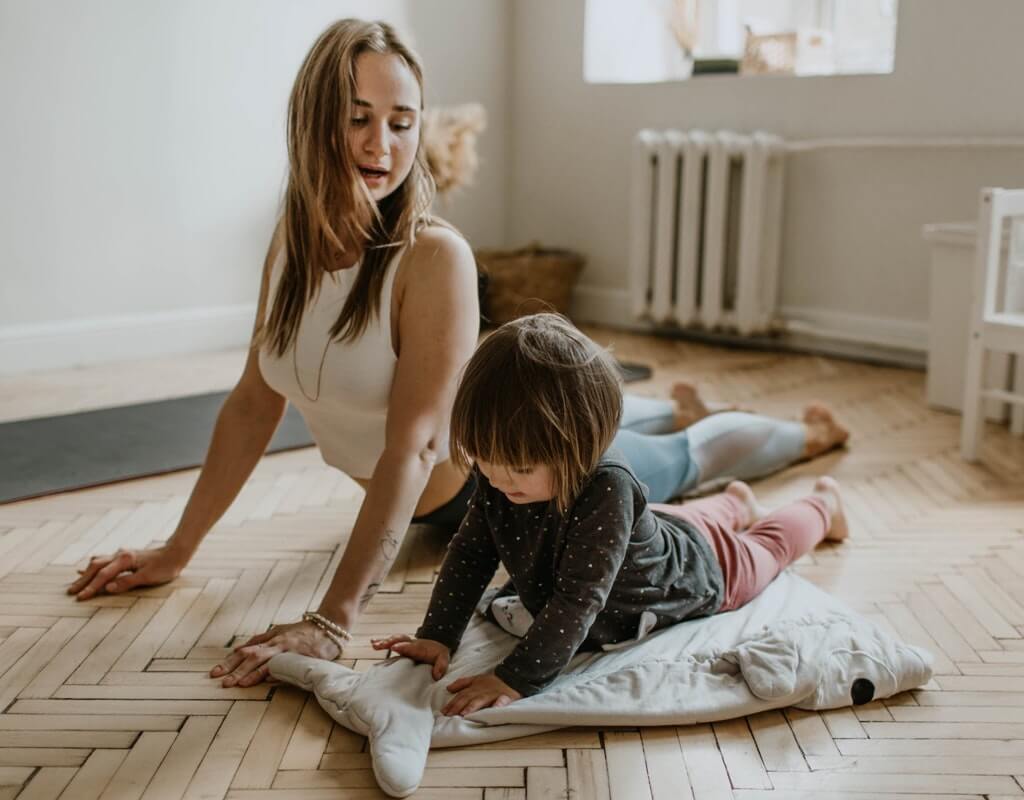

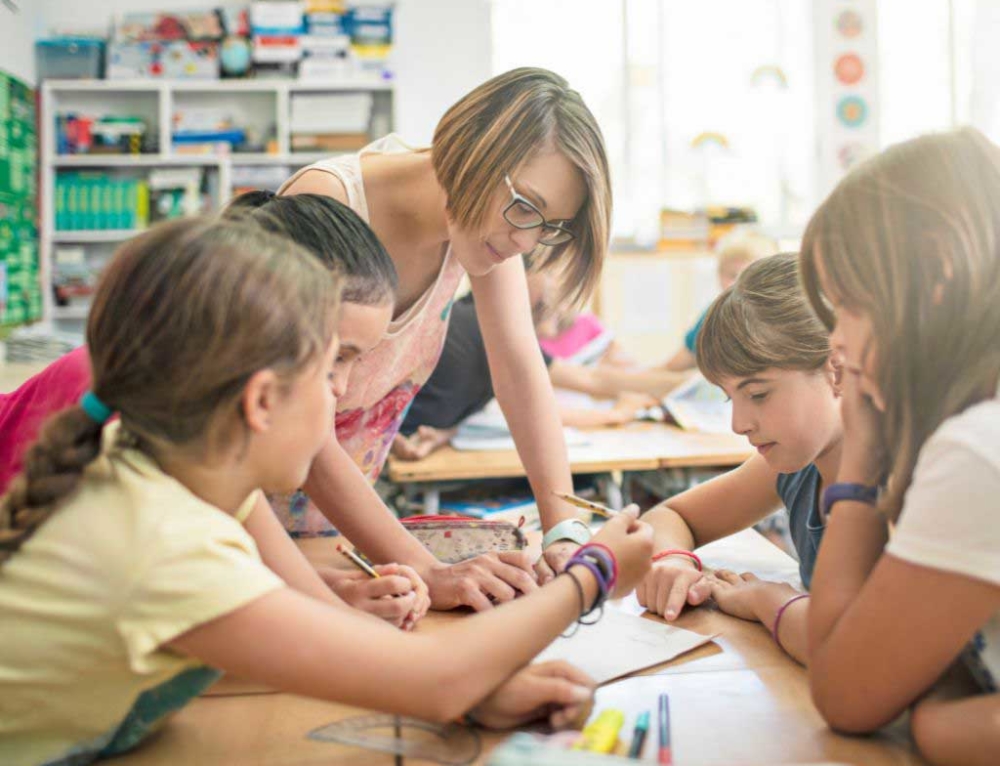
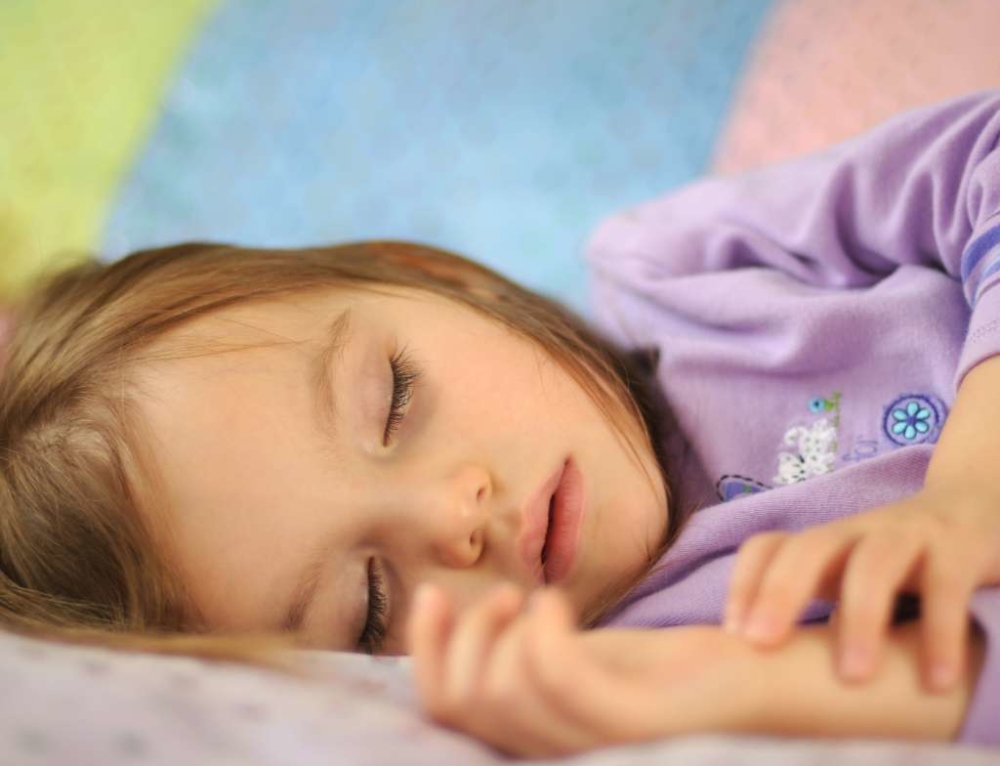
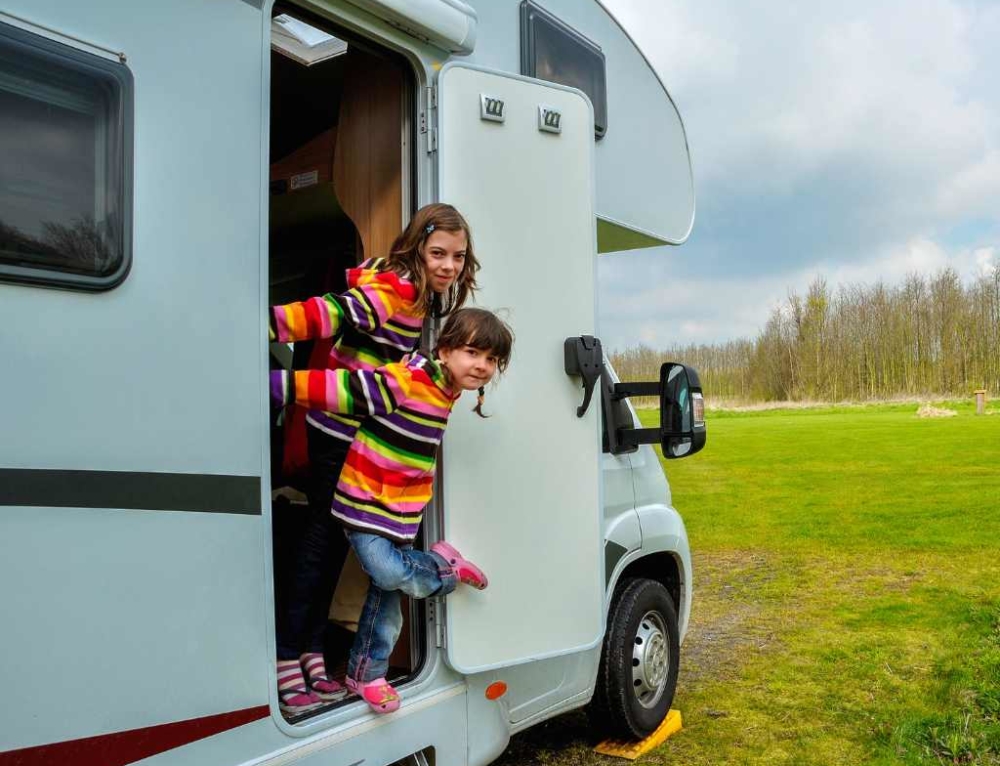
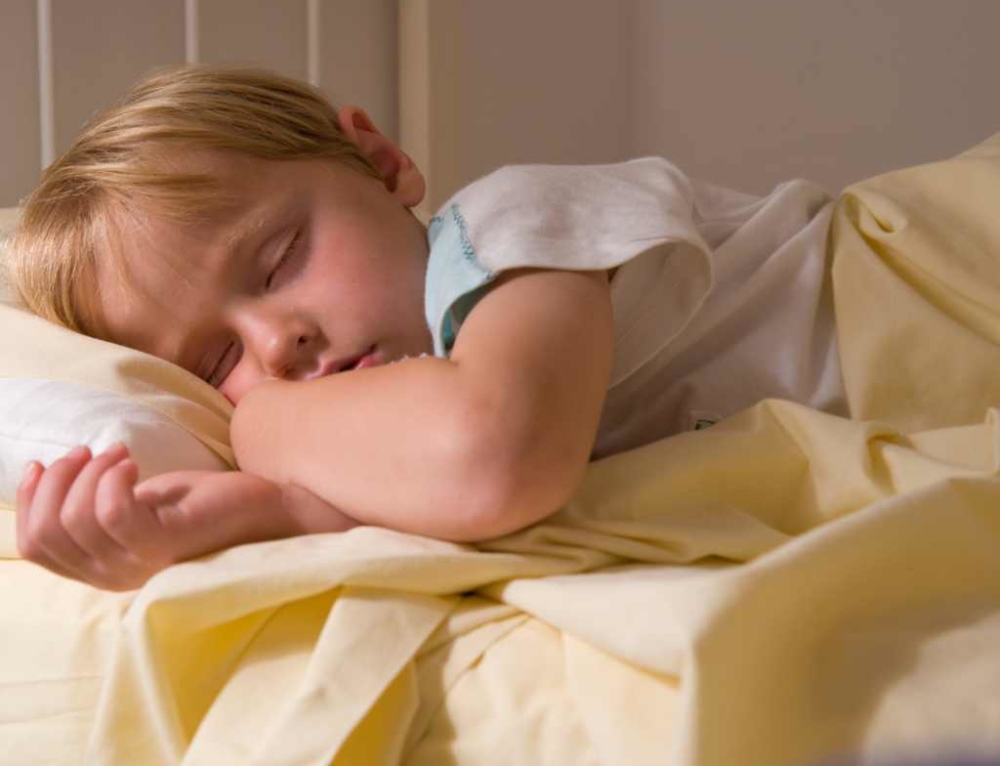
Leave A Comment
You must be logged in to post a comment.